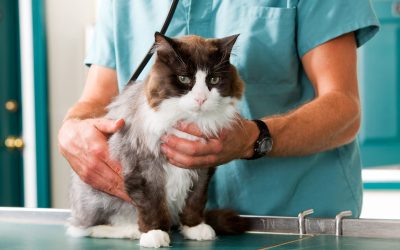Bad breath in cats, also known as halitosis, can be a sign of an underlying health condition. While some cases of bad breath are benign and not indicative of a serious problem, other cases may require treatment by a veterinarian. This quick guide will explore the causes of bad breath in cats, some home remedies you can try, and when you should seek professional help.
The most common cause of bad breath in cats is dental disease. Plaque and tartar can build up on a cat’s teeth, leading to gingivitis, an inflammation of the gums. If left untreated, dental disease can progress to periodontitis, a more serious condition that can cause tooth loss. Dental disease is often accompanied by a foul odor.
Other potential causes of bad breath in cats include kidney disease, liver disease, and diabetes. These conditions can lead to a build-up of toxins in the blood, which may be expelled through the lungs and cause bad breath. Cancerous tumors can also cause bad breath, as they can release foul-smelling substances.
There are a few things you can do at home to help address your cat’s bad breath. First, ensure that their teeth are being properly cleaned by brushing them daily with a pet-safe toothpaste. You can also give them cat treats for bad breath, which are specially designed to help reduce plaque and tartar buildup.
If home remedies like cat treats for bad breath don’t seem to be helping, or if your cat’s bad breath is accompanied by other symptoms like weight loss, appetite changes, or vomiting, it’s important to take them to see a veterinarian. They will be able to properly diagnose the cause of the bad breath and recommend the best course of treatment. In some cases, bad breath may be a sign of a serious underlying health condition, so be sure to get professional help if you’re concerned.


